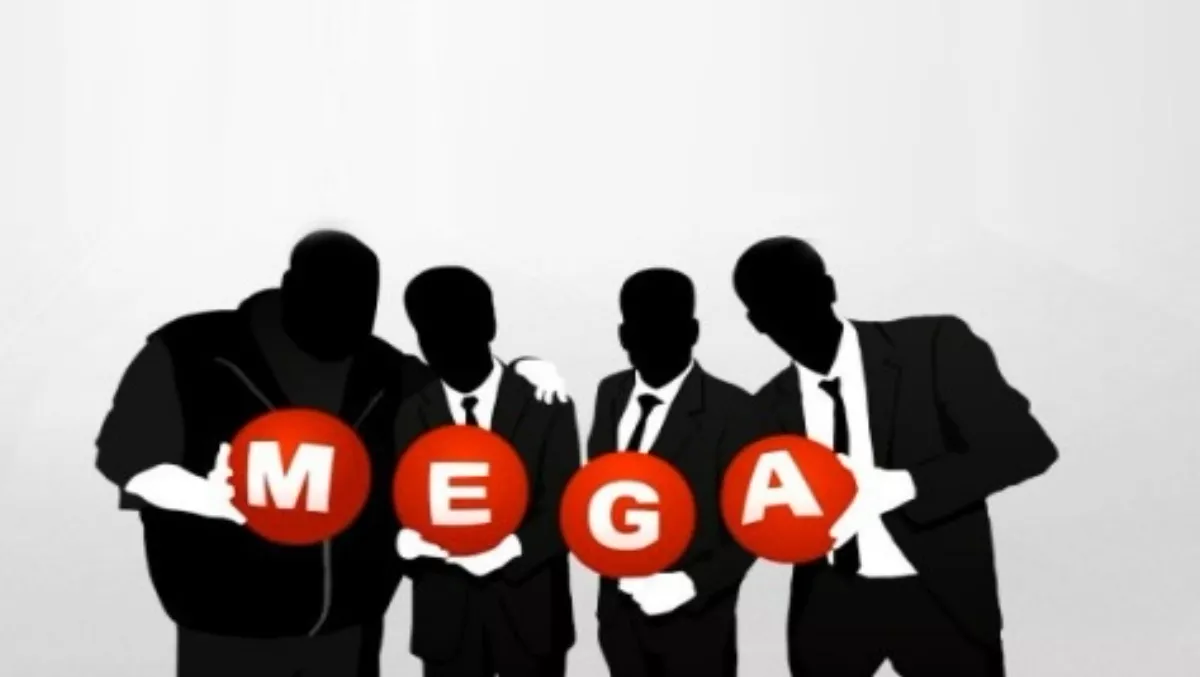
Mega's legal guns shoot down claims of 'content theft'
Mega, the file storage and encryption firm, has rebutted claims that it operates as a 'cyberlocker' profiting from "content theft" with a legal opinion by Olswang calling the allegations "defamatory".
Auckland-based Mega, which arose from the ashes of Kim Dotcom's Megaupload empire, commissioned a report by international law firm Olswang to investigate a NetNames report that accused Mega of operating illegitimately. The report was then used by US senator Patrick Leahy to pressure Visa and Mastercard to stop processing users' payments for Mega, and online payment system PayPal later succumbed to the same pressure.
The Olswang report found no evidence that the bulk files stored by Mega infringe on copyright holders, the firm's target audience are different from typical 'cyberlocker' users as its services wouldn't benefit them, that the platform isn't attractive for mass distribution, and that it's business model is different from 'cyberlockers'.
"Olswang has concluded that the allegations in the NetNames report are highly defamatory of Mega and appear to have no factual basis whatsoever," the report said. "The NetNames report contains numerous factual inaccuracies and methodological errors and draws conclusions that are entirely wrong."
Mega chief executive Graham Gaylard said the firm is now taking legal advice on the NetNames report.
"Our users can have absolute confidence that Mega has been designed and continues to operate within the law and in compliance with all regulatory requirements," Gaylard said in a statement. "We operate an efficient and fully compliant takedown process and we have very low levels of infringing content."
Earlier this month, Mega's shareholders pulled out of plans to list on the NZX via a back-door listing through shell company TRS Investments after several delays.
Under the deal, TRS was to have acquired Mega for $210 million by issuing 700 million shares at 30 cents apiece to Mega shareholders, after undertaking a share consolidation. Mega shareholders would then have owned 99 percent of TRS, which would change its name to Mega.
Megaupload was frozen after Dotcom's high profile arrest at the behest of the US federal government and he has since stepped back from the new Mega, which has more than 18 million registered users.

